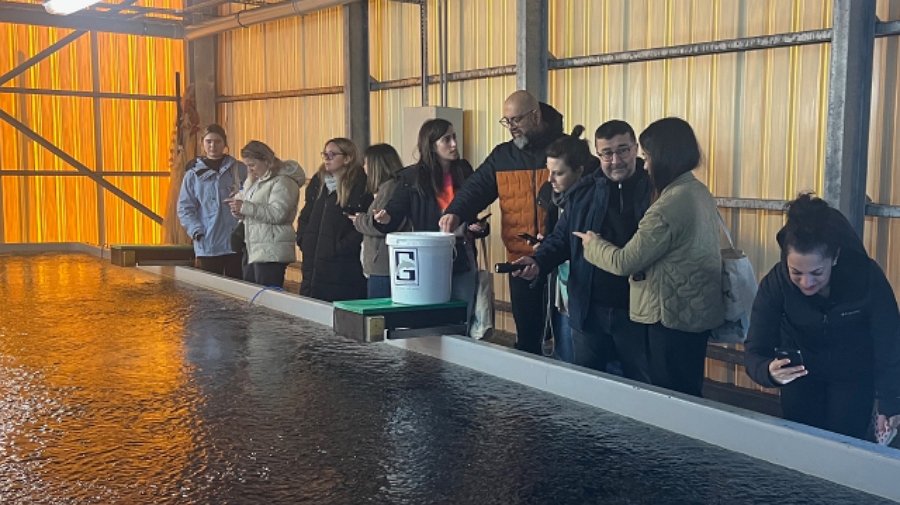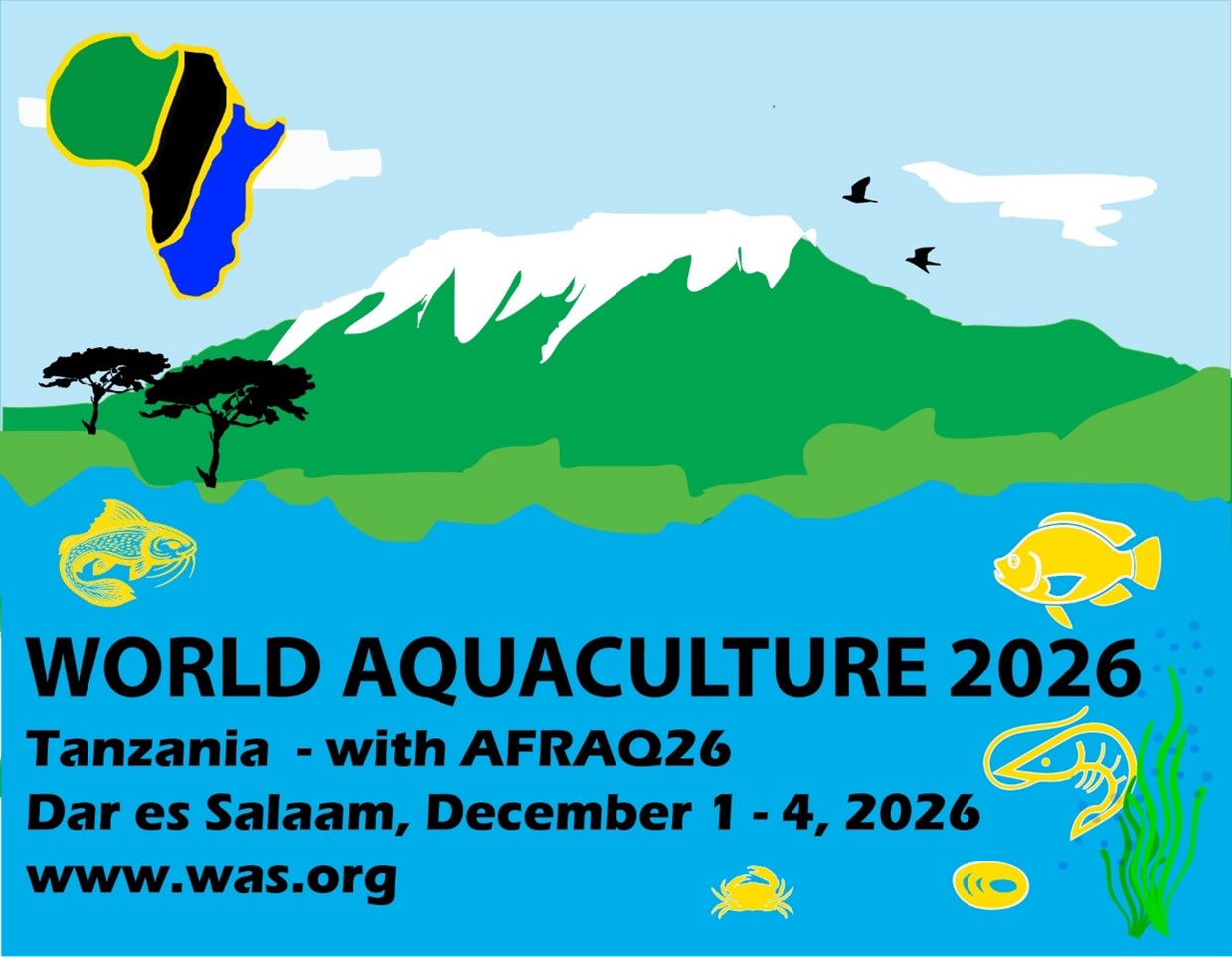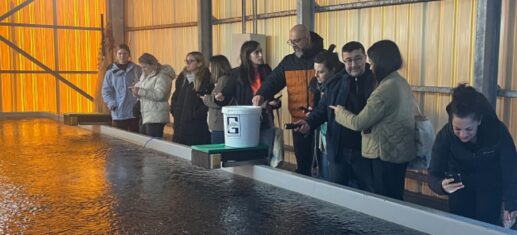Health officials in Canada and the United Kingdom have announced a new initiative aimed at combating antimicrobial resistance (AMR) in livestock and aquaculture production in low- and middle-income countries (LMICs).
Innovet-AMR, a partnership between the UK government’s Global AMR Innovation Fund and Canada’s International Development Research Centre (IDRC), will fund and support research to develop new animal vaccines and other innovative veterinary solutions to reduce the use of antimicrobials in livestock and aquaculture in LMICs, and will build partnerships to ensure that those solutions can be delivered in a sustainable way. The four-year initiative is being backed by $27.9 million Canadian dollars ($22.1 million USD).
“Antimicrobial resistance ultimately endangers health, food security, economic development and international trade, and poses a threat to human health,” IDRC President Jean Lebel, PhD, said in a blog post by the UK’s Department of Health and Social Care. “Beyond its deep impacts on livestock keepers and fish farmers in low- and middle-income countries, increasing AMR threatens to undermine the fight against infectious disease.”
“InnoVet-AMR will support research and development into alternative solutions and innovations to fight AMR in livestock and aquaculture everywhere in the world,” added Dame Sally Davies, chief medical officer for England.
Common global problem
Medically important antibiotics are commonly used in food production throughout the world, in both high- and low-income countries. But the growing demand for meat in LMICs, combined with lax regulations on antibiotic use in those countries, has raised concerns that antibiotic use in food-producing animals will significantly rise in the coming years. A 2016 paper in Science estimated that global consumption of antibiotics in livestock and poultry will climb to 200,235 tons by 2030, up from 131,900 tons in 2013, if antibiotic use is left unchecked.
The widespread and intensive use of these drugs in animal agriculture and aquaculture is recognized by the scientific community as contributing to the emergence and spread of drug-resistant pathogens, which can be transmitted to humans via food and the environment. Global health experts have called for curbing the practice to protect both animal and human health. In October 2016, the World Health Organization issued formal guidelines recommending that farmers stop using medically important antibiotics for growth promotion and disease prevention in healthy animals.
Although many farmers and veterinarians acknowledge that antibiotics have been misused in food-animal production, they also argue that antibiotics remain the best method for maintaining animal health and food security. While alternative products for keeping animals healthy—including vaccines, probiotics, and prebiotics—currently exist, many questions remain about how well they work and whether they can replace antibiotics in large-scale farming operations.
Source:http://www.cidrap.umn.edu/news-perspective/2018/04/new-uk-canada-initiative-focuses-amr-livestock-aquaculture











